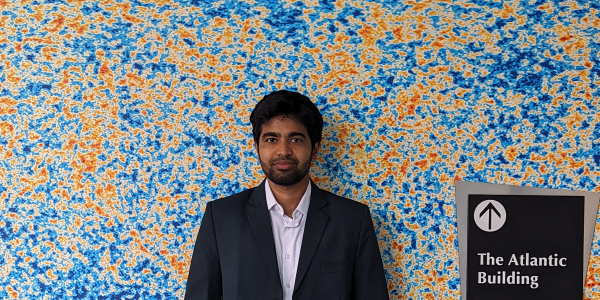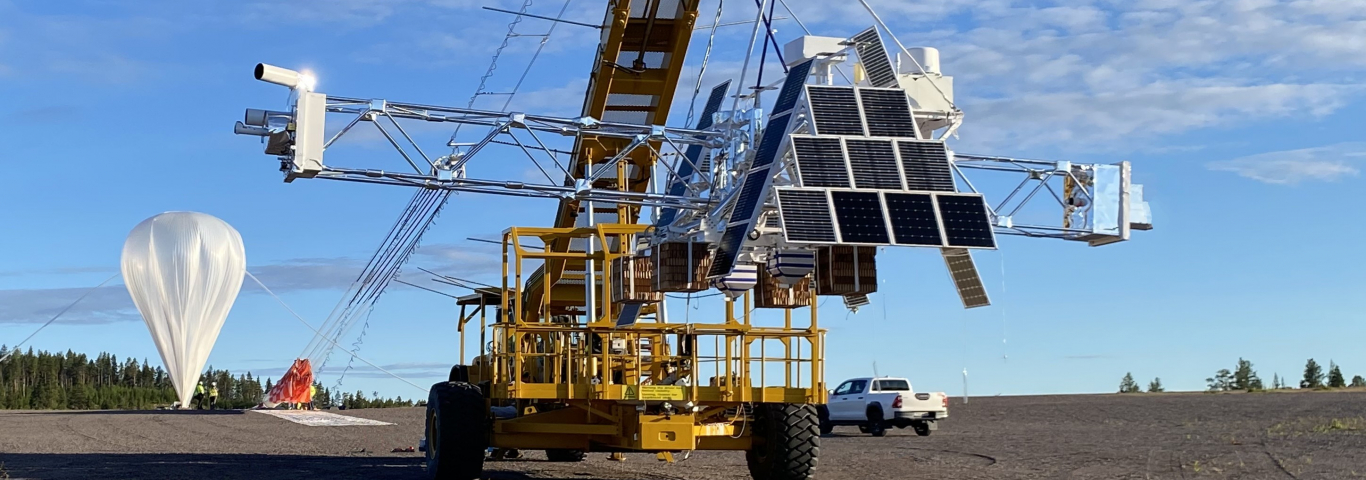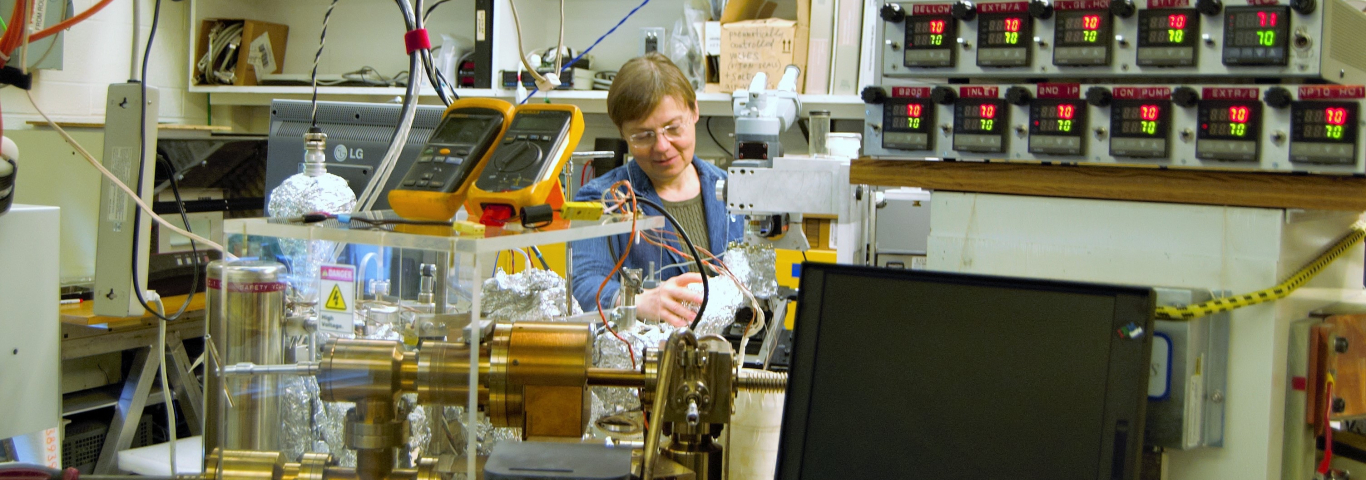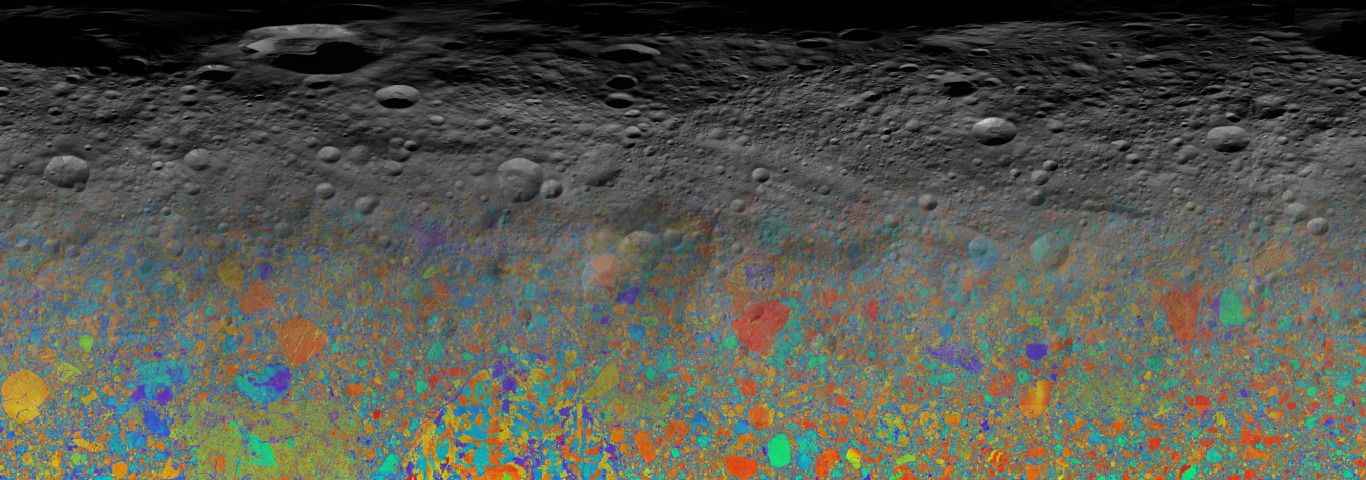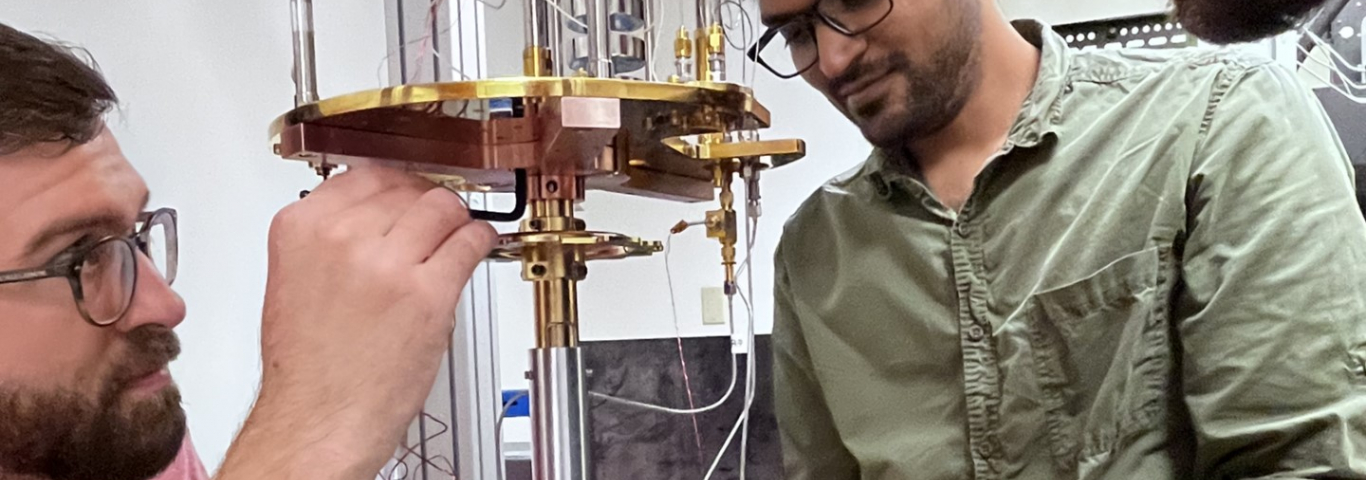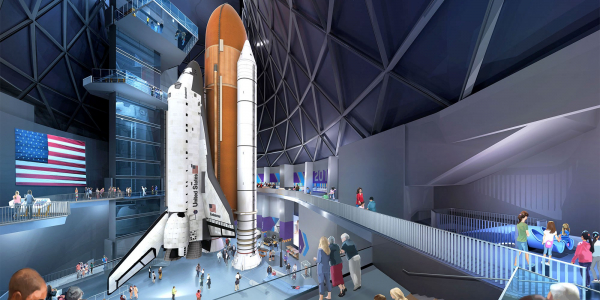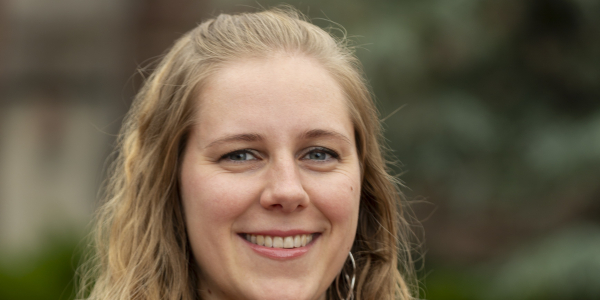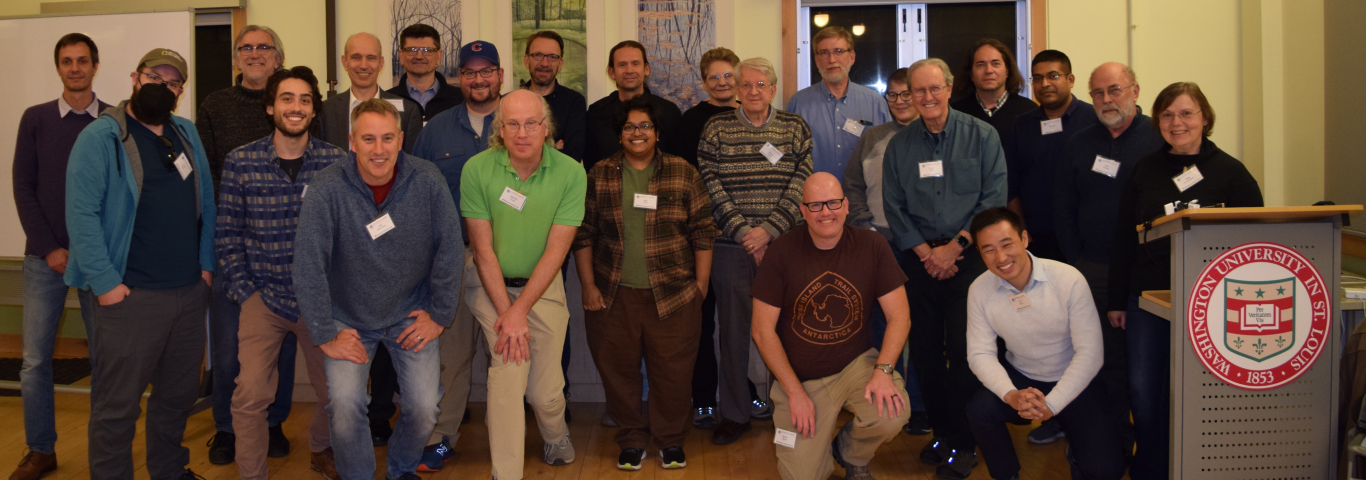
About the Center
Space science is the province of multiple disciplines. Understanding the formation and evolution of the solar system, the galaxy, or the universe is equally the task of the cosmochemist who measures isotopic effects in meteorites, the astronomer who observes planetary atmospheres or interstellar dust, and the astrophysicist who studies high energy emissions and gravitational effects of neutron star mergers.
Faculty, researchers, and students of the McDonnell Center for the Space Sciences belong to one of the traditional science departments, yet overlap in their research. Members of the Center enjoy the diversity of research being conducted and consider the eclectic nature of the Center to be one of the most important aspects of the space sciences program at Washington University.
The McDonnell Center plays a key role at Washington University through endowed professorships, supporting acquisition of sophisticated instrumentation, hiring new faculty, supporting postdoctoral and graduate student fellowships, administering visiting scientist programs, seeding innovative research, and fostering wide-reaching collaborations.
As we look to the future, space science is central to humanity’s aspiration for knowledge as we seek to explore and comprehend our surroundings and our beginnings.
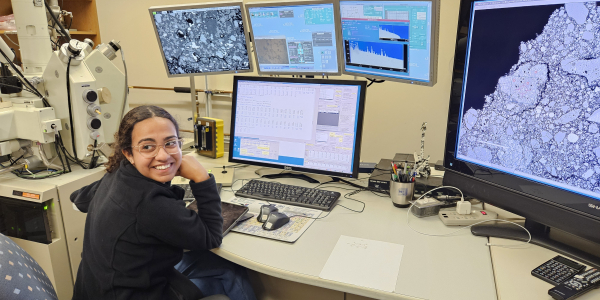
From Apollo to Artemis: unlocking the Moon's secrets
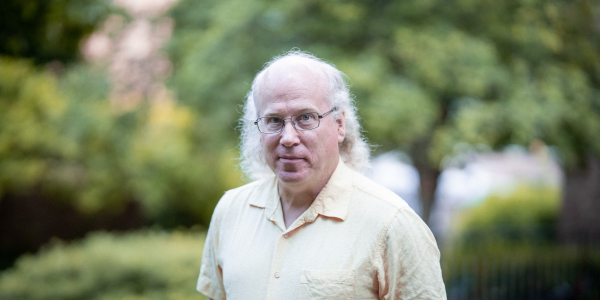
Nowak named Associate Director of the McDonnell Center for the Space Sciences
The McDonnell Center for the Space Sciences has named Michael Nowak, research professor of physics, as the new associate director.
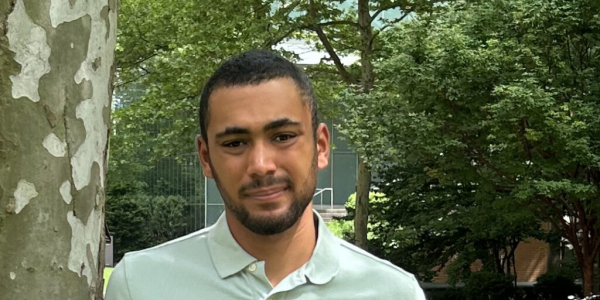
Collado named an Astronaut Scholar
Tomás Collado, a rising senior studying mechanical engineering at the McKelvey School of Engineering at Washington University in St. Louis, has been named an Astronaut Scholar, one of the nation’s most prestigious STEM fellowships.
Meet Our Partners
Department of Physics
Arts & Sciences at Washington University
Department of Earth, Environmental, and Planetary Sciences
Arts & Sciences at Washington University
Department of Electrical & Systems Engineering
School of Engineering & Applied Science at Washington University
Center for Quantum Leaps
Bringing together scientists working on the development and engineering of quantum technologies and materials and scientists using quantum technologies.
Astronomy on Tap - St. Louis
An organization offering informal talks on topics of broad interest in astronomy and astrophysics.
St. Louis Astronomical Society
Devoted to the interest and advancement of the science of astronomy.
St. Louis Science Center
Regional science museum with exhibits and resources related to the space sciences
WURocketry
WURocketry is a student rocket design team of Washington University that competes in the NASA Student Launch Initiative.
Postdoc Focus
Saurav
Exploring Unseen Forces Shaping the Universe
McDonnell Center Postdoctoral Fellow Saurav Das's primary research focus revolves around the intriguing field of dark matter, which is believed to exist in significantly greater quantities than visible matter. Despite its prevalence, the exact nature of dark matter remains unknown.
Read More